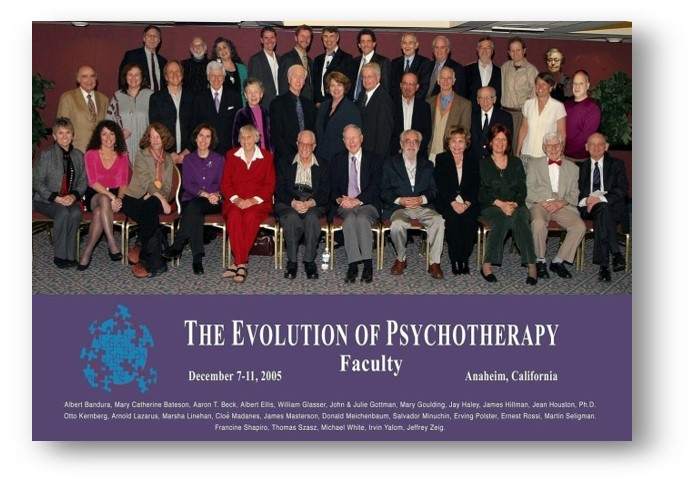.jpg)
.jpg)

In a word, paperwork. Take a look at the book pictured above. That massive tome on the left is the 2011 edition of “Laws and Regulations” governing mental health practice in the state of California. Talk about red tape! Hundreds and hundreds of pages of statutes informing, guiding, restricting, and regulating the “talking cure.” Now, on top of that, layer federal and third party payer policies and paperwork and you end up with…lost opportunities. Many lost opportunities. Indeed, as pointed out in our recent article, The Road to Mastery, as much as 30% of clinicians time is spent completing paperwork required by various funding bodies and regulatory agencies. THIRTY PERCENT. Time and money that could be spent much more productively serving people with mental health needs. Time and money that could be spent on improving treatment facilities and training of behavioral health professionals. In the latest edition of our book, The Heart and Soul of Change, authors Bob Bohanske and Michael Franczak described their struggle to bring sanity to the paperwork required in public mental health service settings in the state of Arizona. “The forms needed to obtain a marriage certificate, buy a new home, lease an automobile, apply for a passport, open a bank account, and die of natural causes were assembled,” they wrote, “…and altogether weighed 1.4 ounces. By contrast, the paperwork required for enrolling a single mother in counseling to talk about difficulties her child was experiencing at school came in at 1.25 pounds” (p. 300). What gives?
The time has come to confront the unpleasant reality and say it outloud: regulation has lost touch with reality. Ostensibly, the goal of paperwork and oversight procedures is to improve accountability. In these evidence-based times, that leads me to say, “show me the data.” Consider the wide-spread practice–mandate, in most instances–of treatment planning. Simply put, it is less science than science fiction. Perhaps this practice improves outcomes in a galaxy far, far away but on planet Earth, supporting evidence is spare to non-existent (see the review in The Heart and Soul of Change, 2nd Edition).
No amount of medication will resolve this craziness. Perhaps a hefty dose of CBT might do some good identifying and correcting the distoreted thinking that has led to this current state of affairs. Whatever happens, the field needs an alternative. What practice not only insures accountability but simultaneously improves the quality and outcome of behavioral health services? Routine outcome measurement and feedback (ROMFb). As I’ve blogged about several times, numerous RCT’s document increased effectiveness and efficiency and decreased costs and rates of deterioration. Simply put, as the slide below summarizes, everybody wins. Clinicians. Consumers. Payers.
Everybody wins


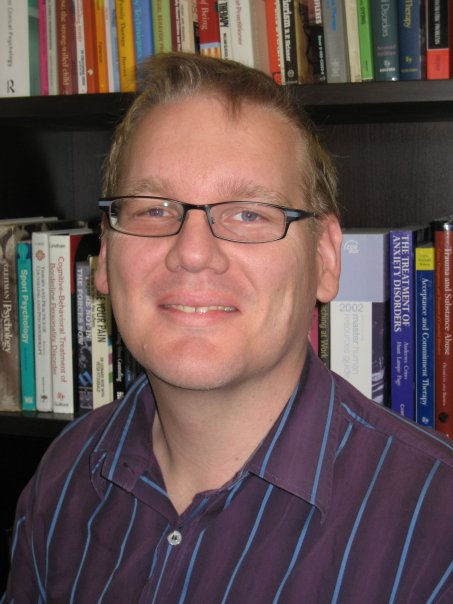
.jpg)
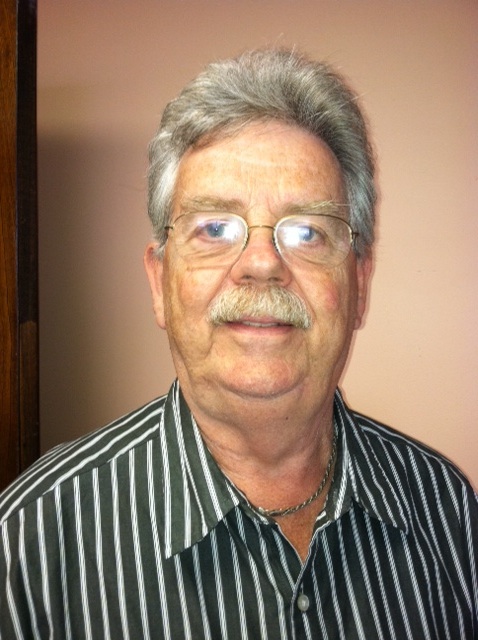
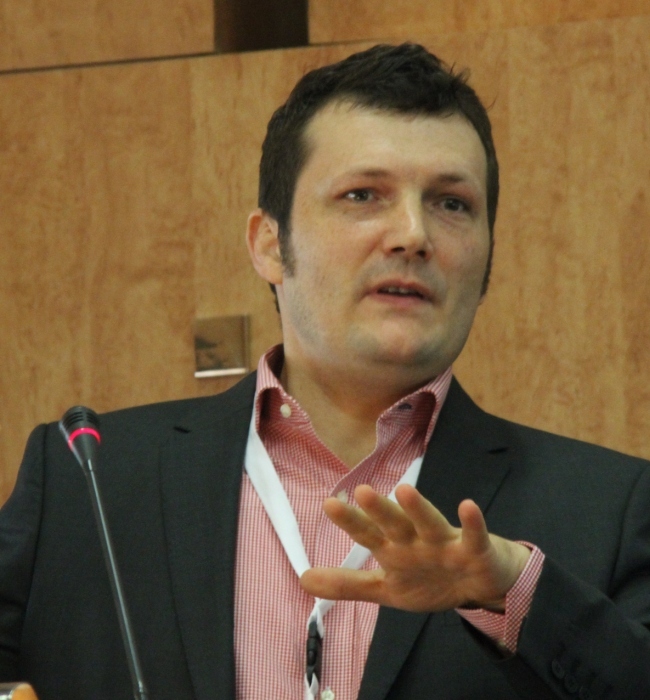
.jpg)

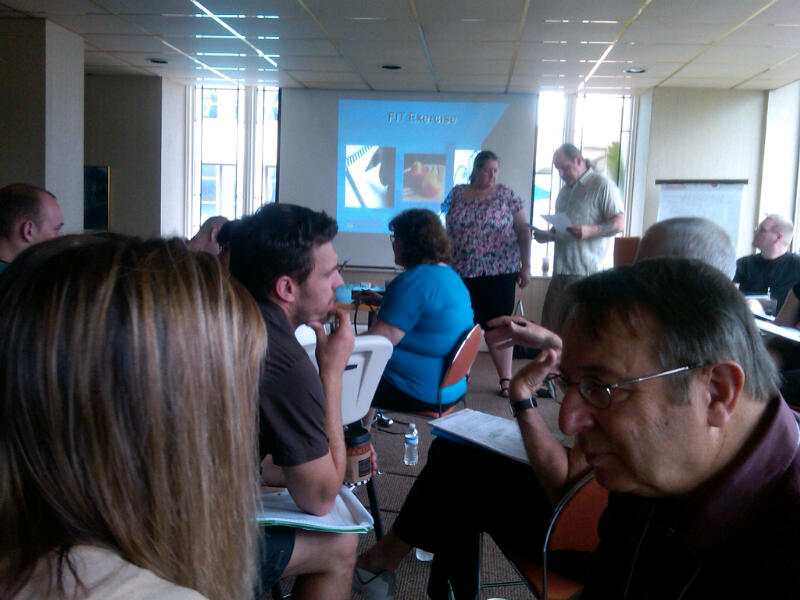


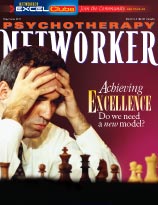
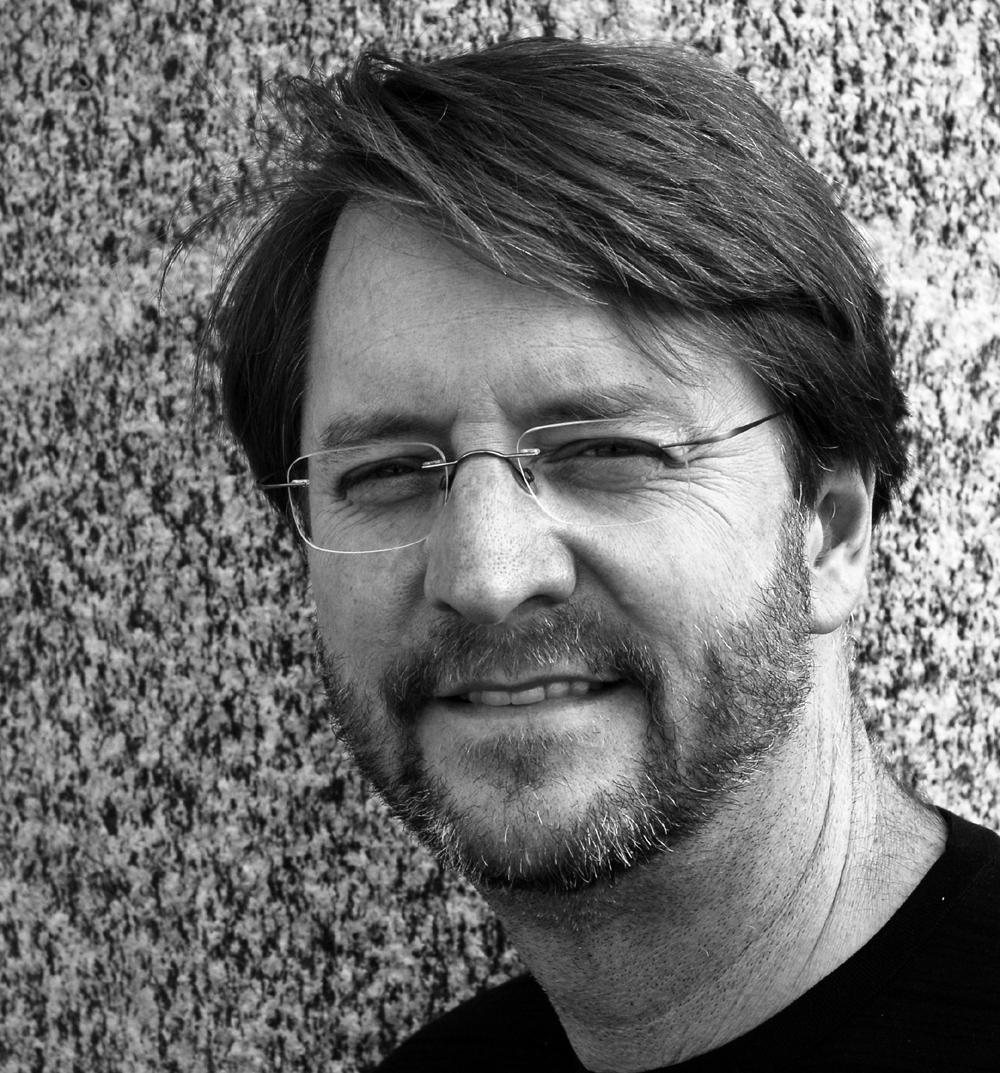

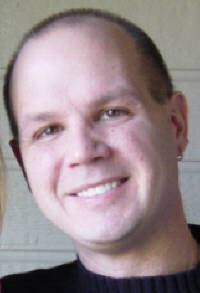
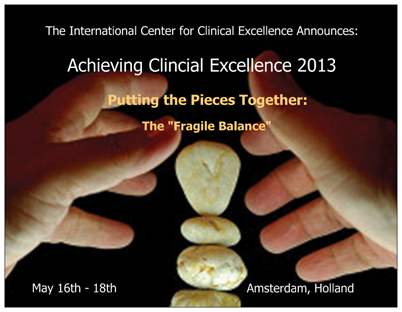
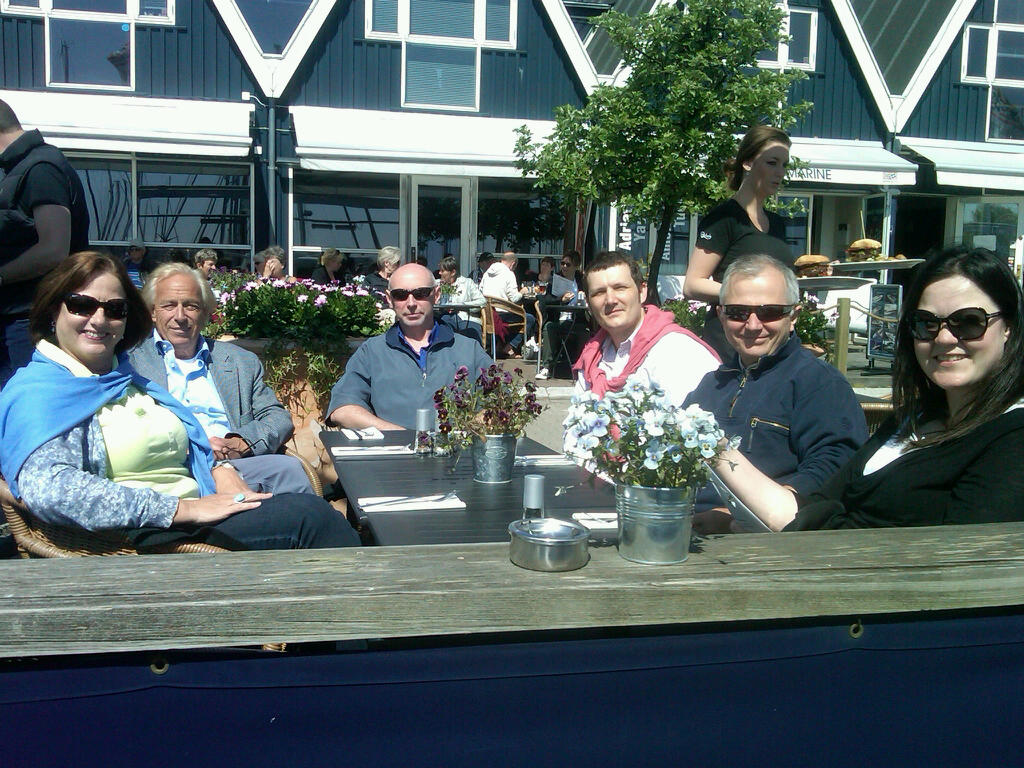
.jpg)






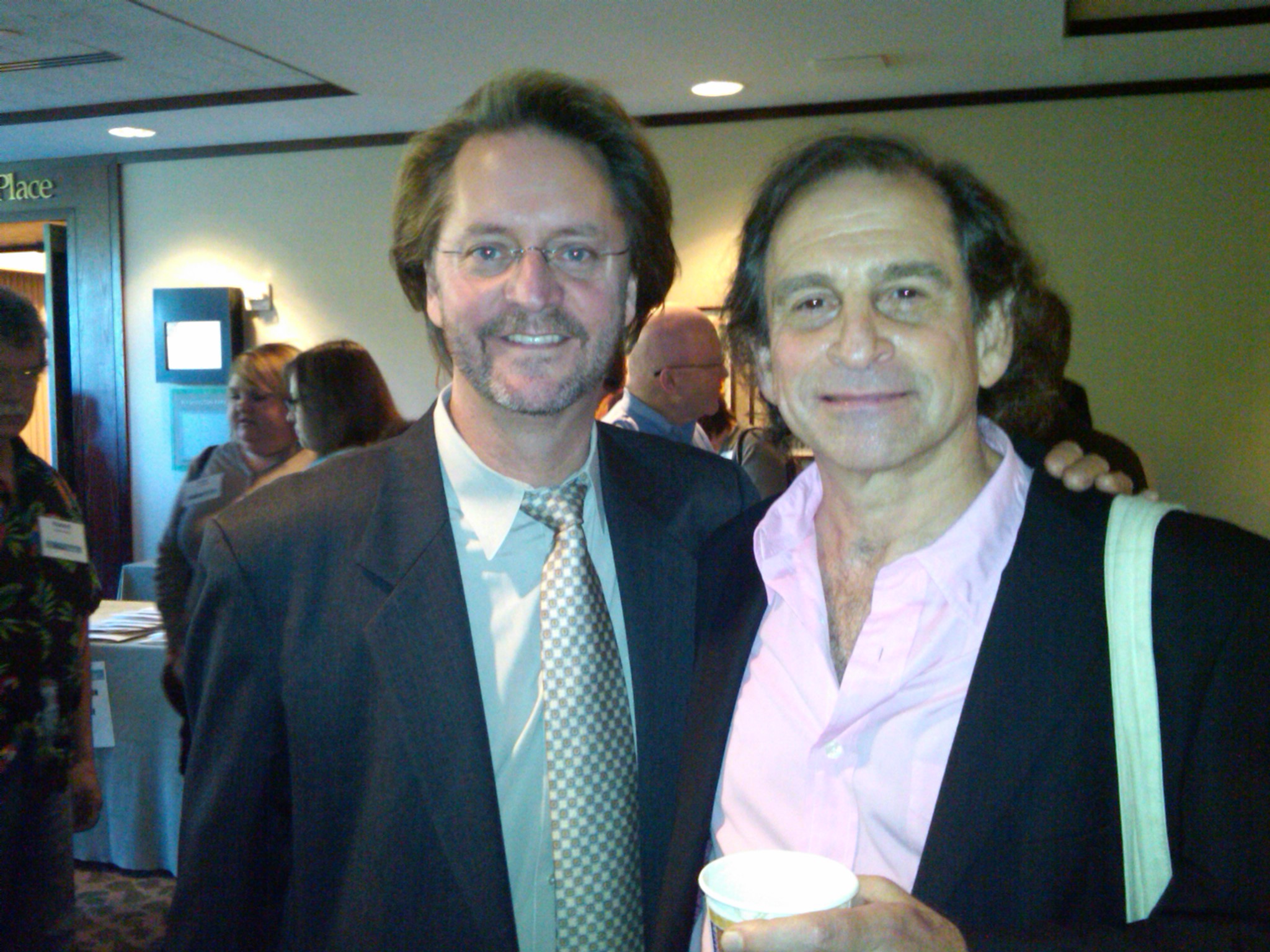
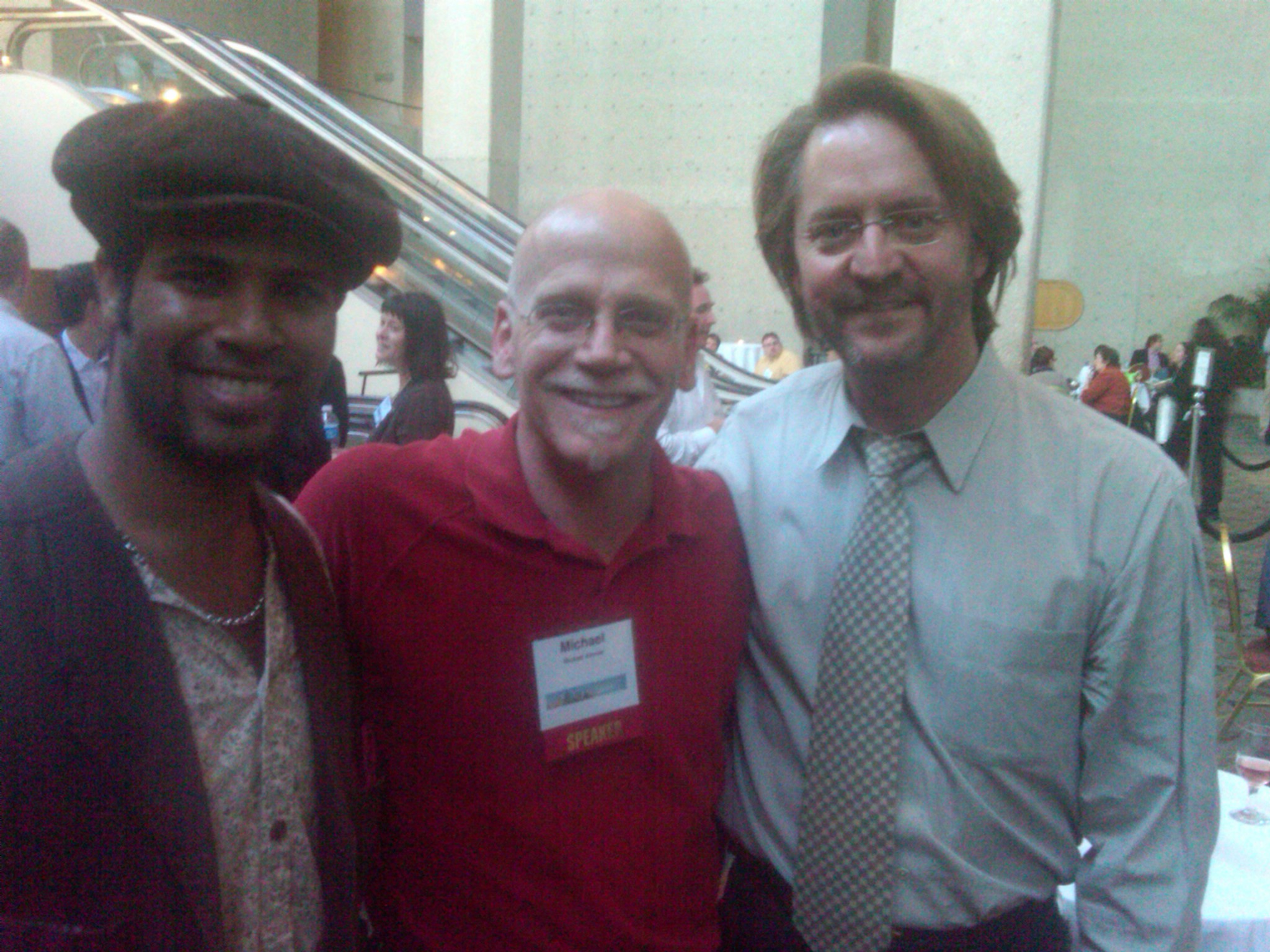
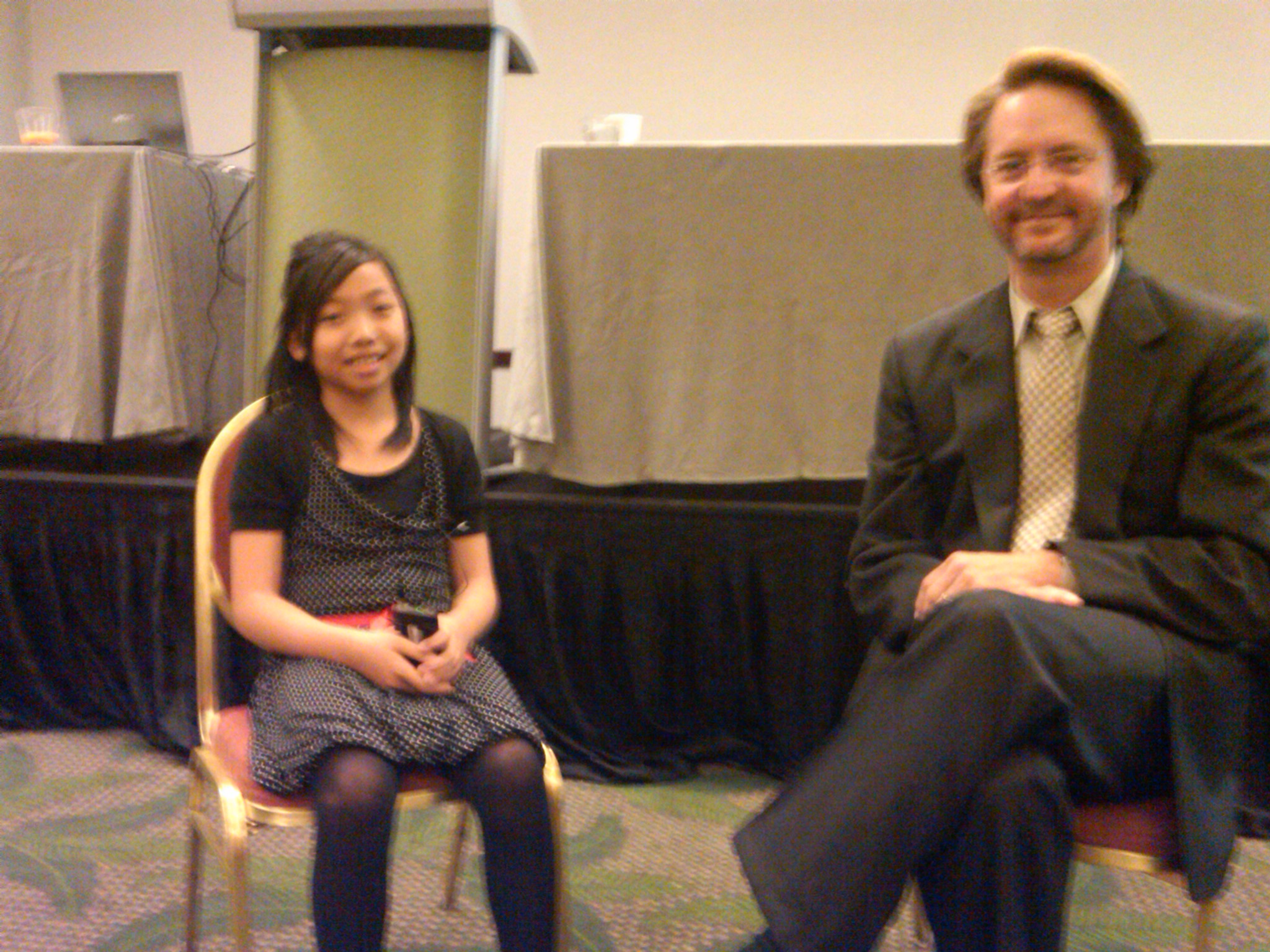
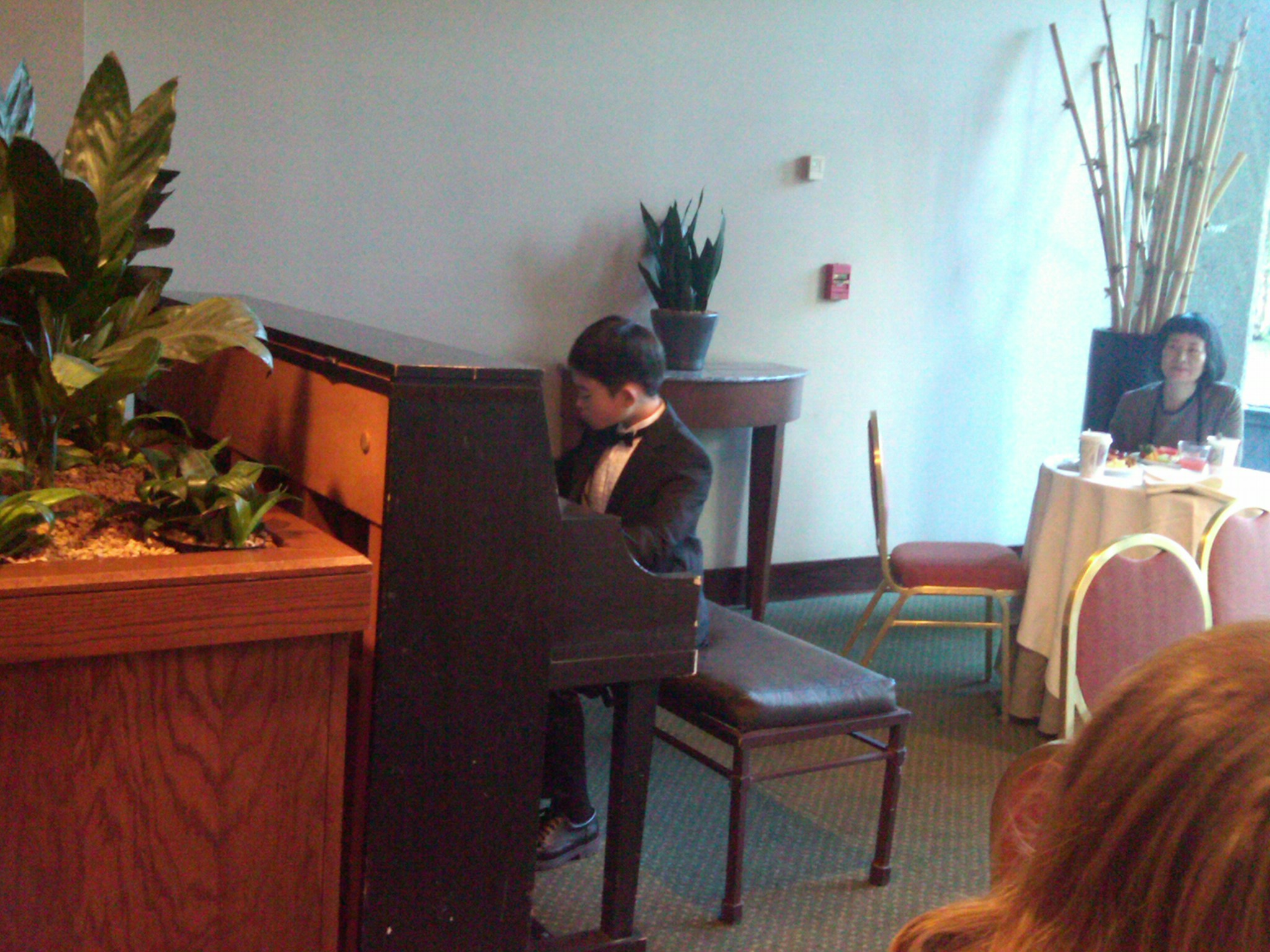
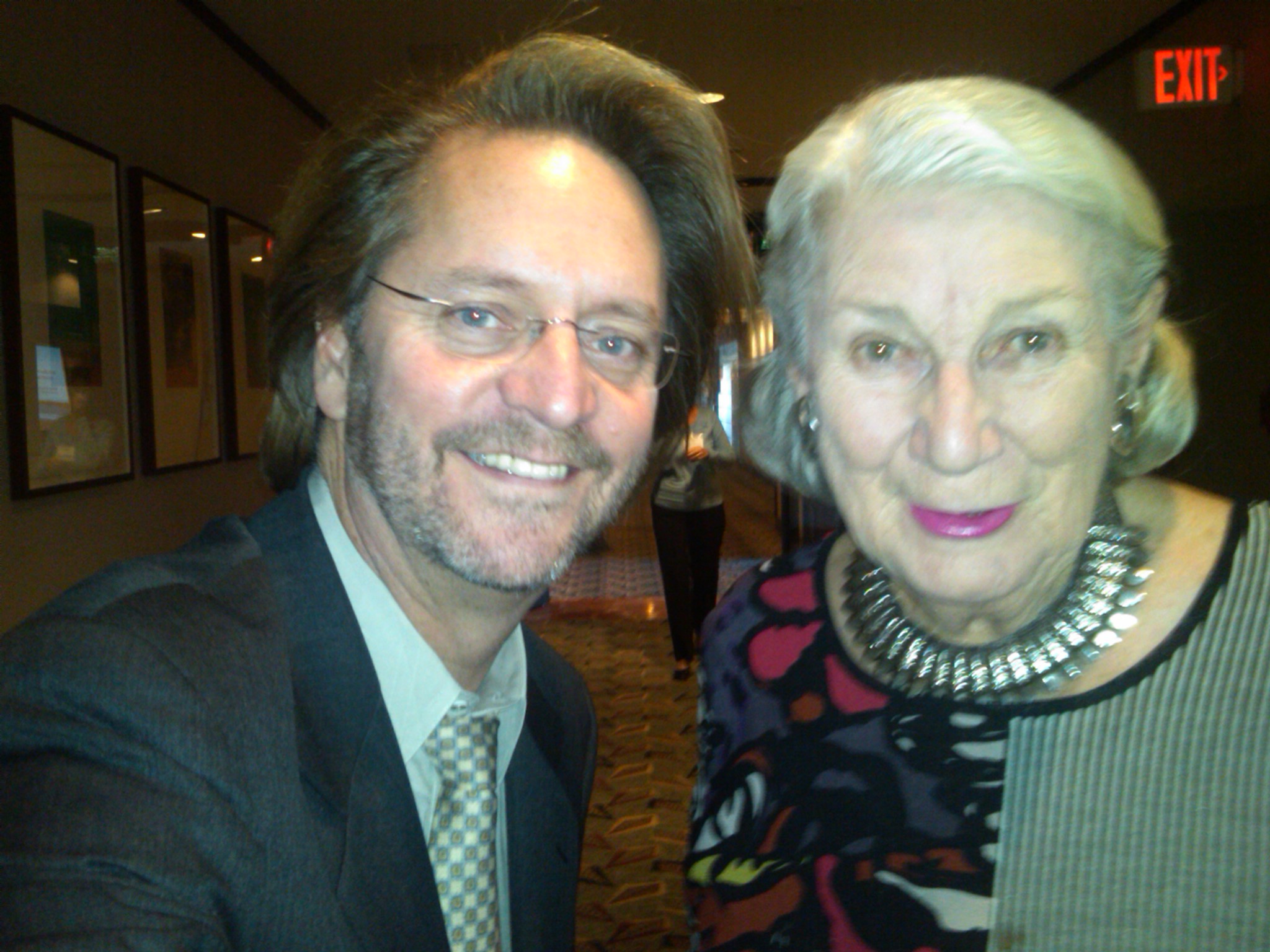
.jpg)


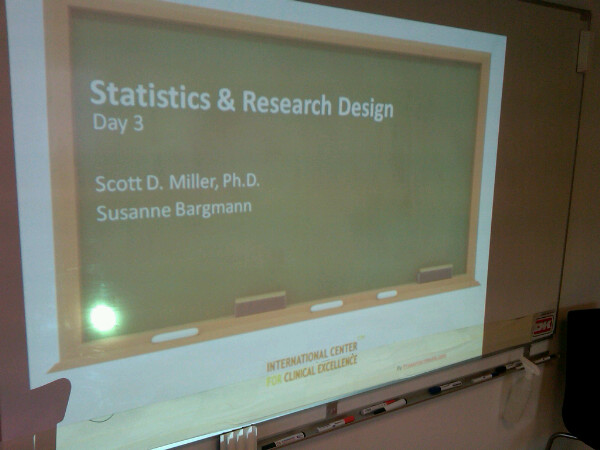



.png)


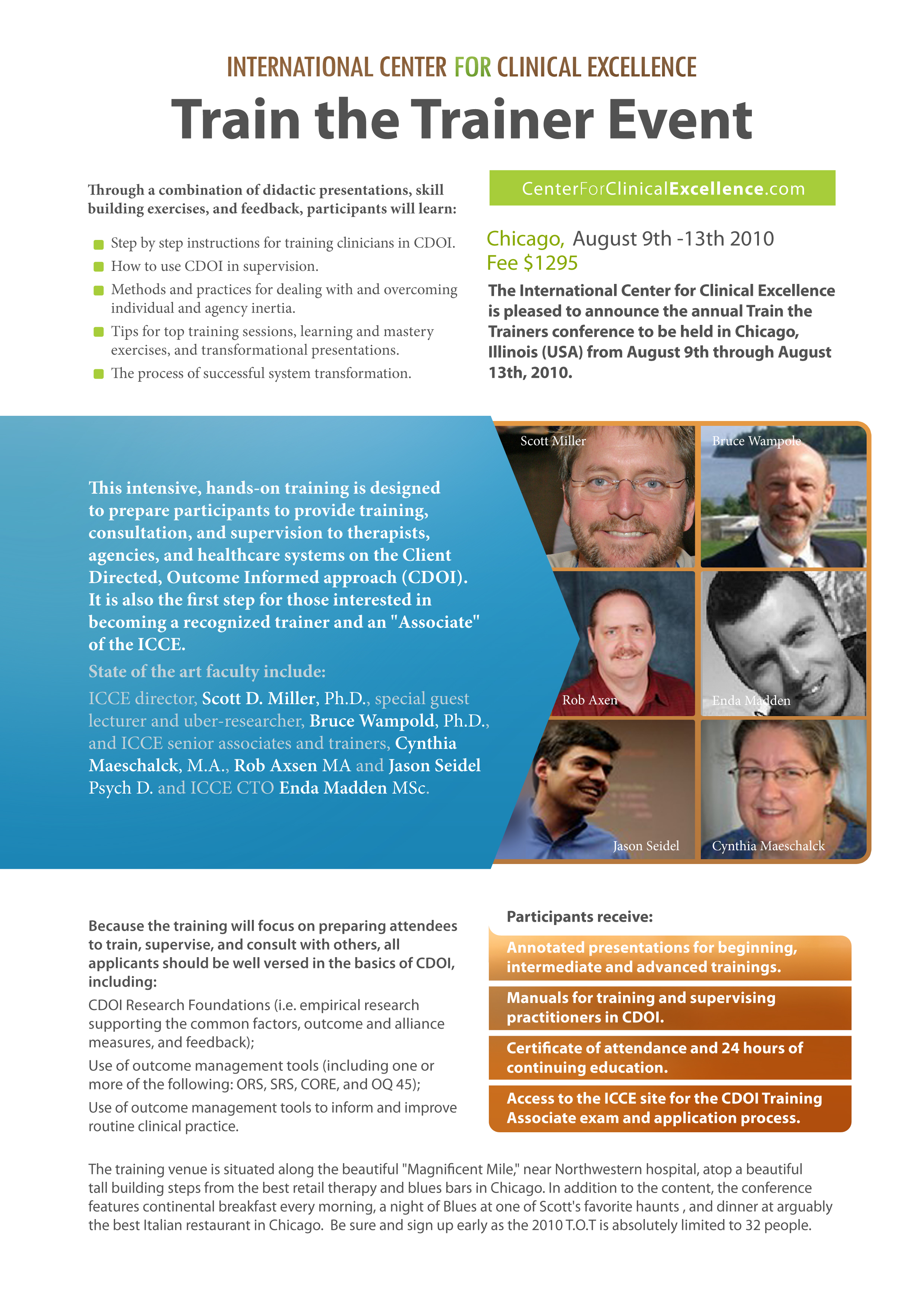

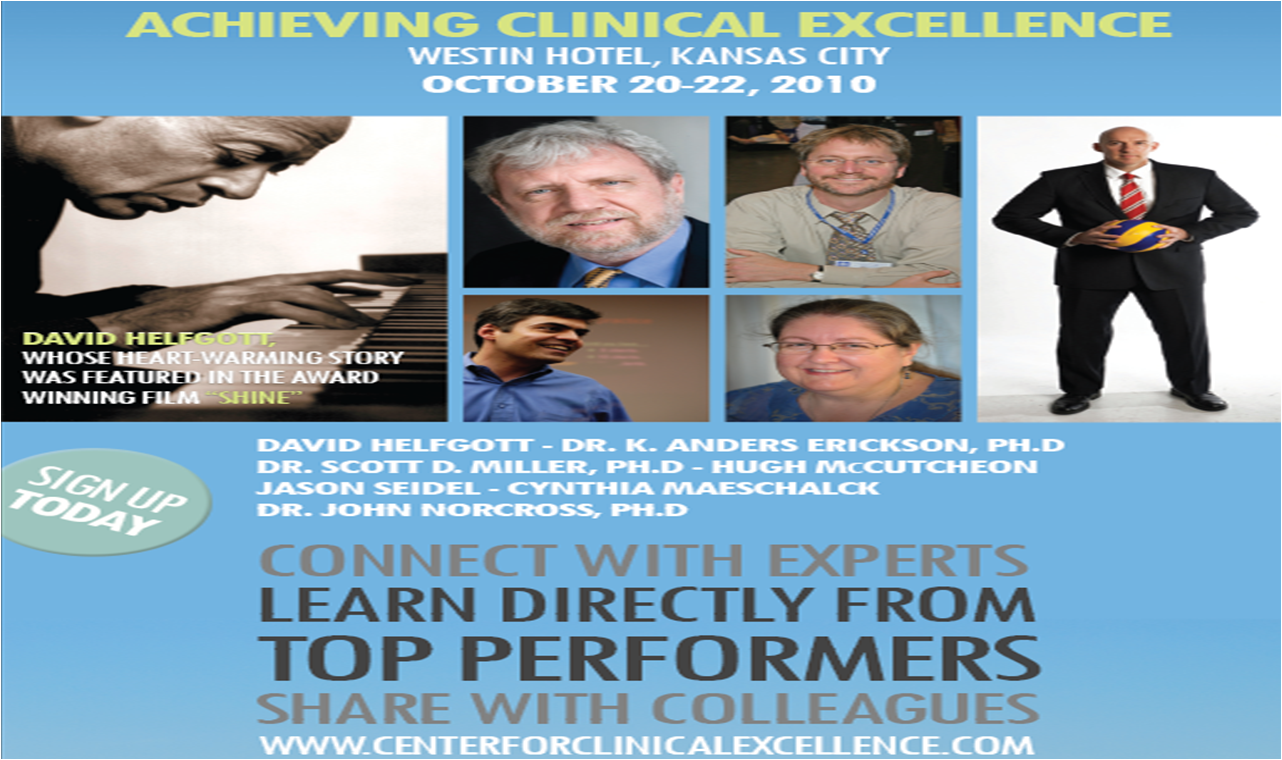

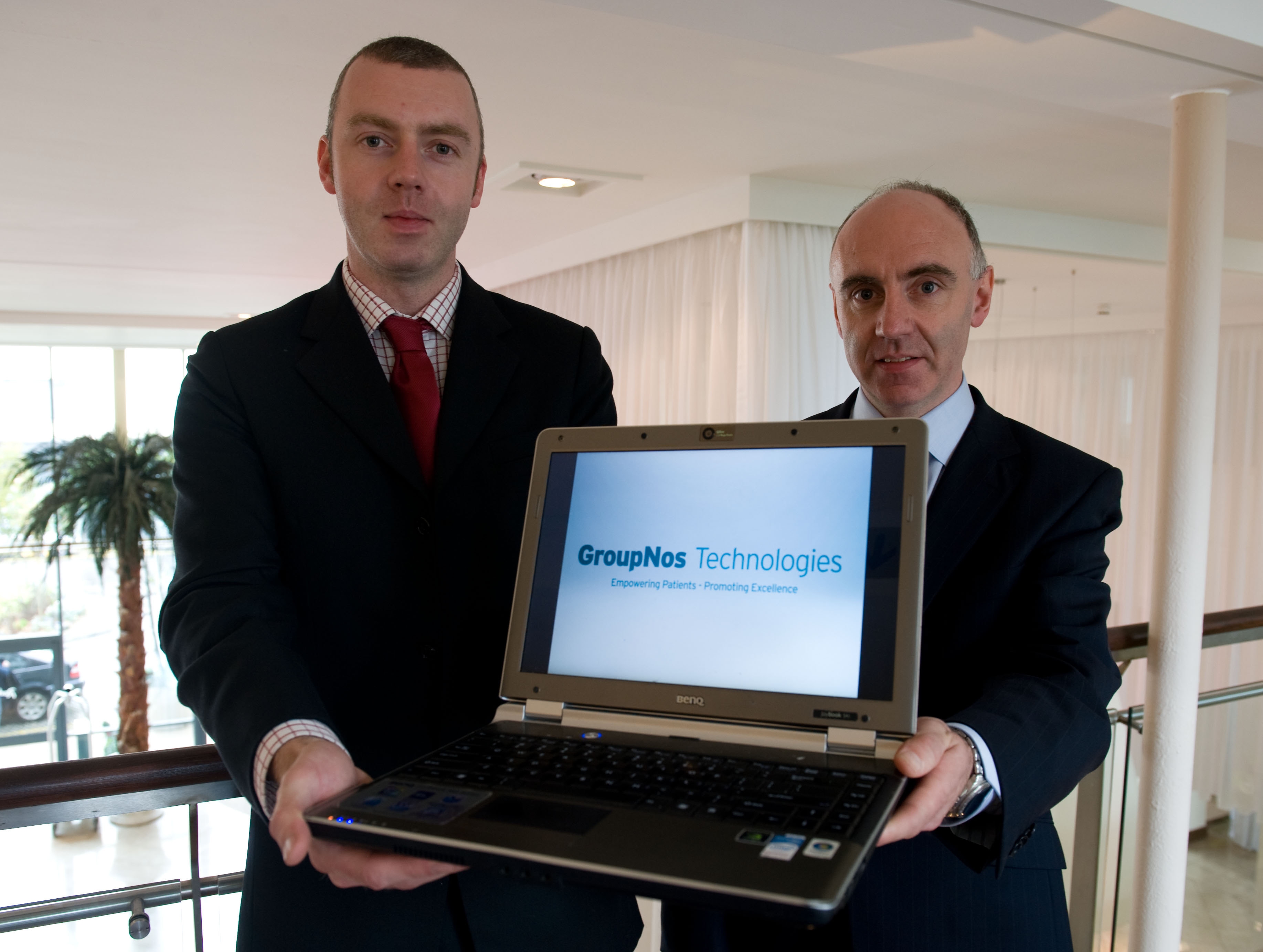
.jpg)



.jpg)
.jpg)
